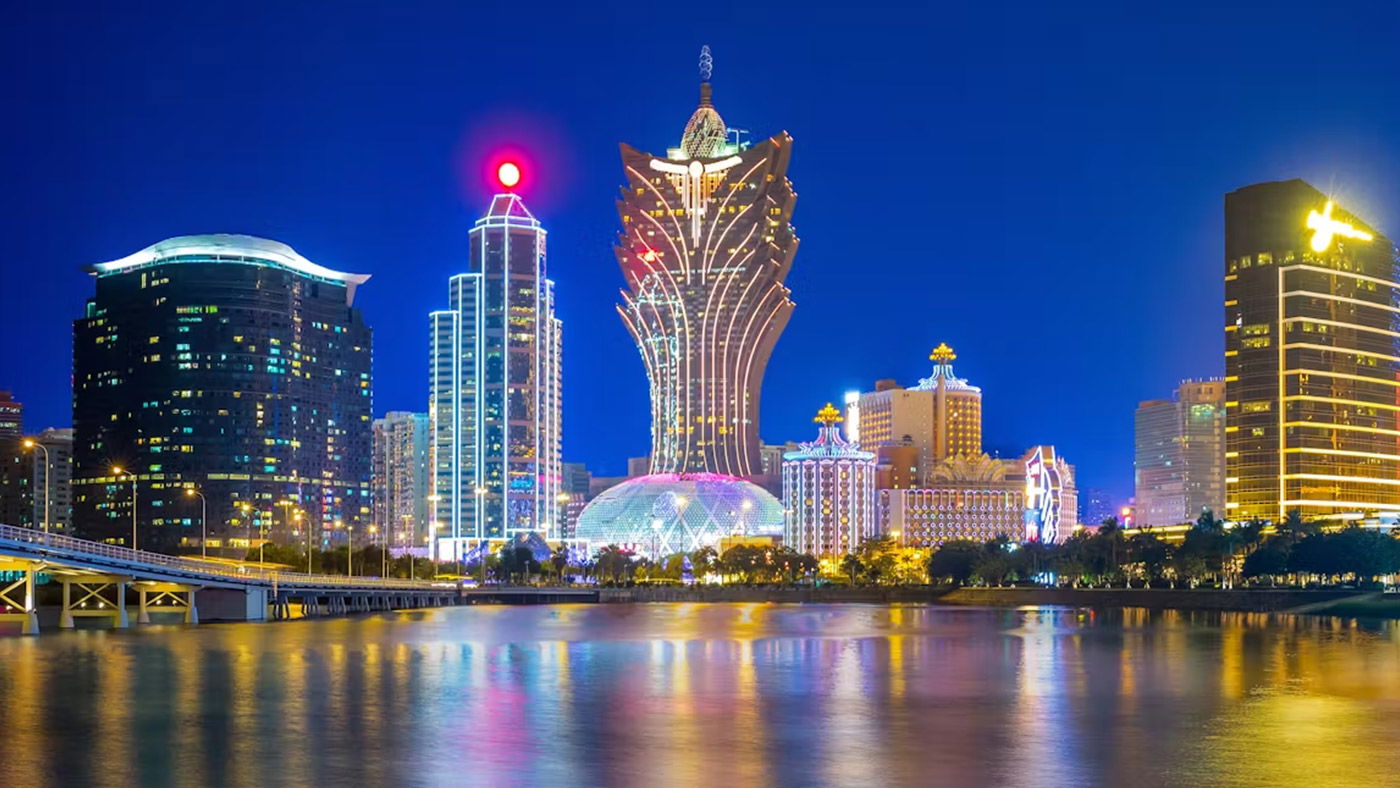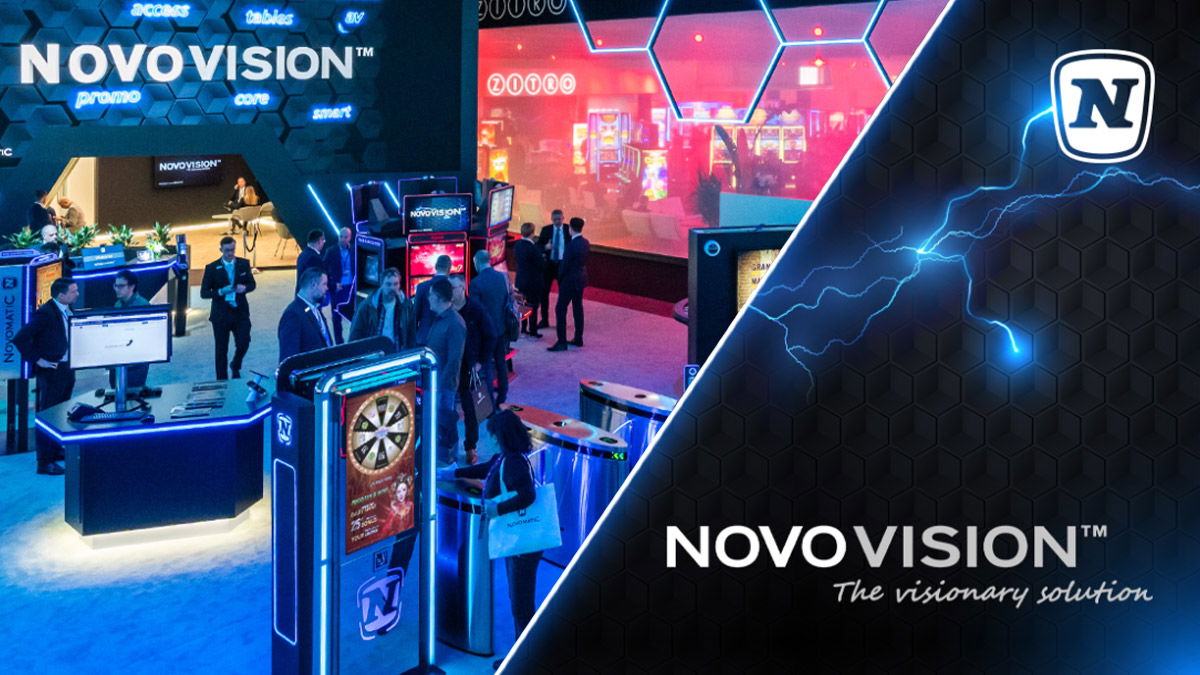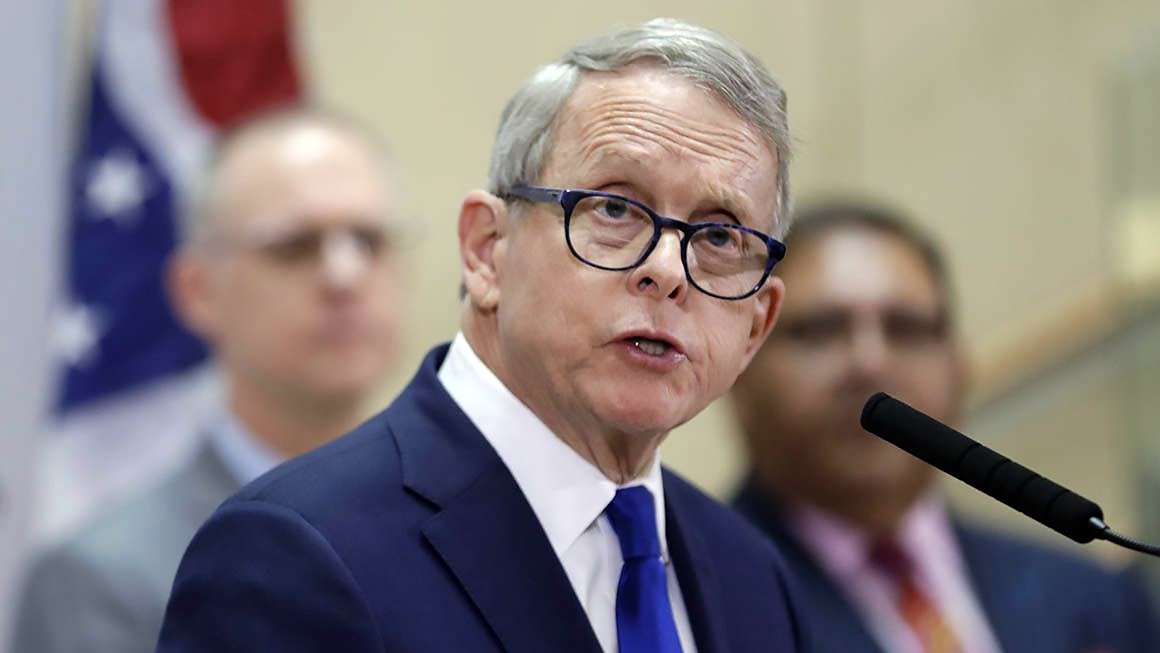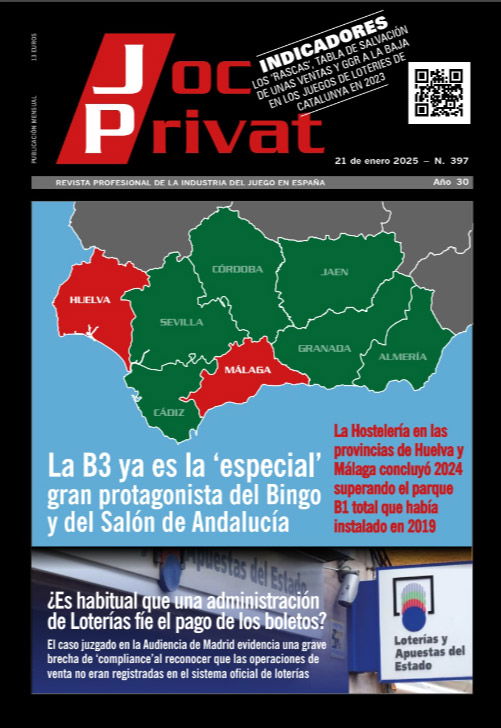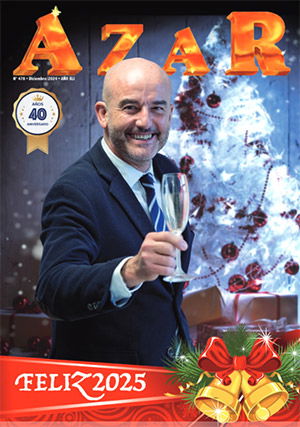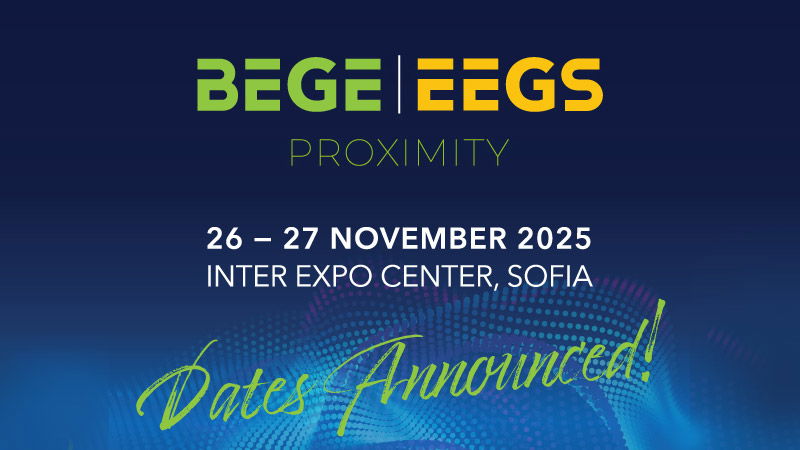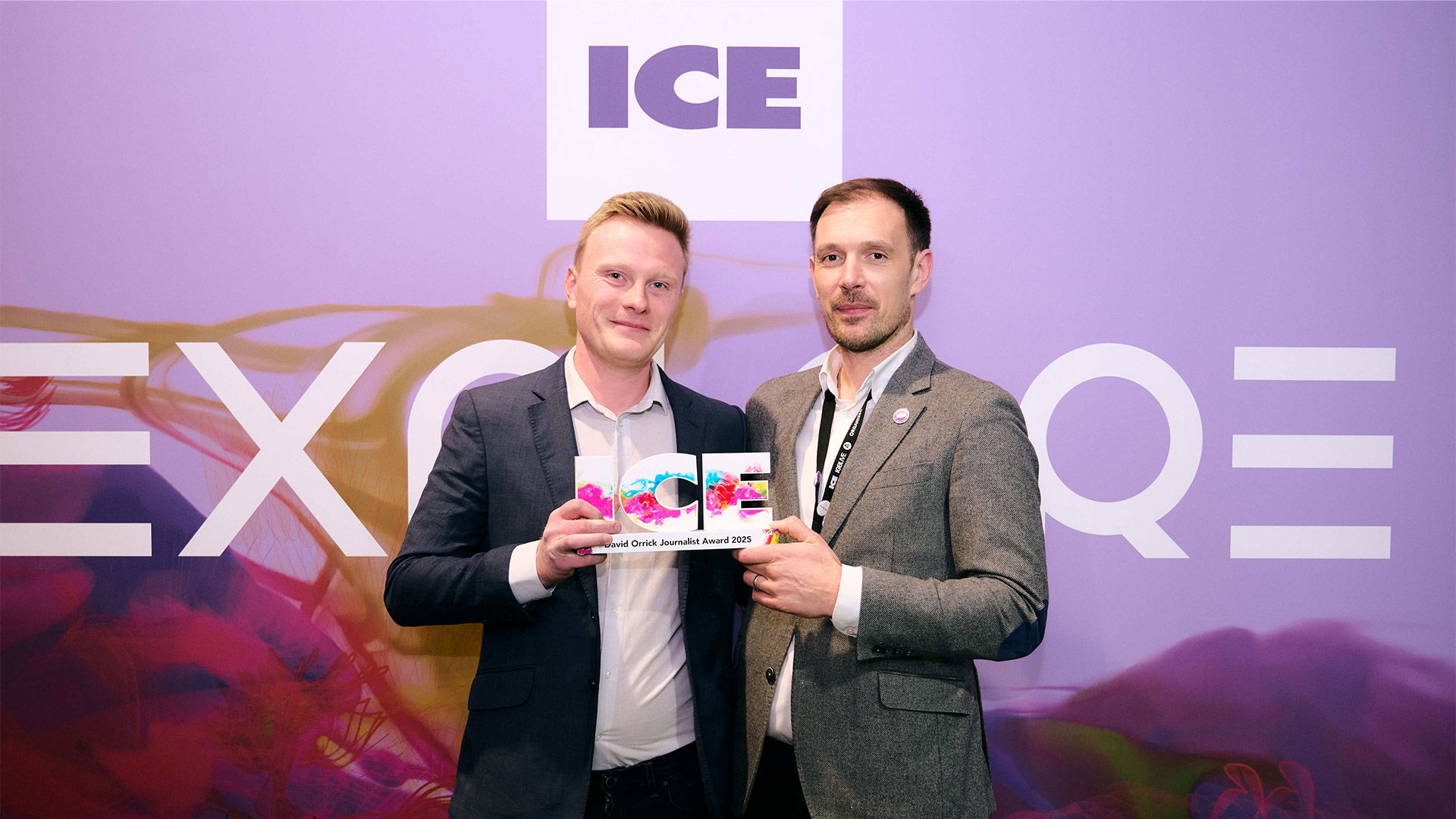Four New York casinos owe $17.7M to the state's Gaming Commission
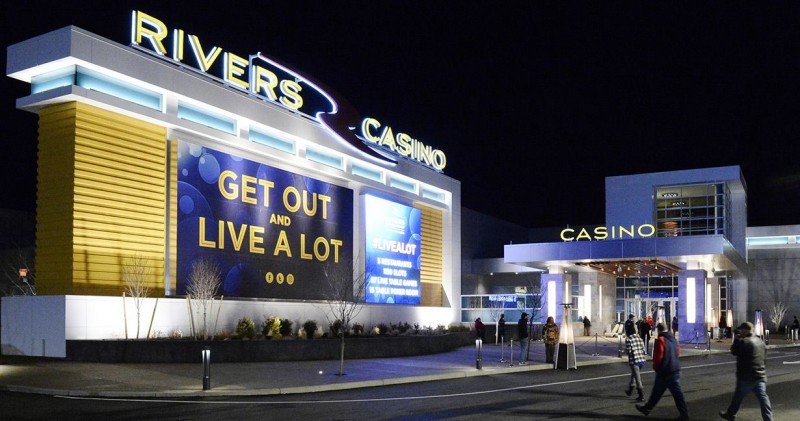
The New York State Comptroller’s Office said four casinos still owe the Gaming Commission $13 million in past oversight fees, more than a year after its initial report.
The Comptroller’s Office released a report in January 2020 indicating the Gaming Commission had failed to bill and/or collect the fees from four commercial casinos: Rivers Casino & Resort, Lago Resort & Casino, Resorts World, and Tioga Downs Casino.
The fees were incurred between April 2017 and March 2019, News10 reports. The casinos were billed $9.3 million for the oversight fees in November 2019 and given until December 2019 to make payment. As of May, the Gaming Commission has yet to see any of the billed fees, according to the Comptroller’s report.
The Gaming Commission said insufficient regulations prevented them from billing the commercial casinos for oversight fees which led to a delay in billing them, the Comptroller’s report alleges. A total of $153.7 million was collected from video lottery terminals (VLT) and Native American tribe casinos between the same three-year time period.
The Commission also failed to bill the four casinos $3.7 million, of the $13 million, for non-personal service costs like office equipment and supplies.
The casinos received bills for oversight fees from April 2019 to March 2020 totaling $4.7 million, also unpaid as of May 2021. This, combined with the previous $13 million, means the four casinos owe $17.7 million to the Gaming Commission.
“The Gaming Commission must do a better job staying on top of New York’s ever-expanding gaming footprint. The commission should collect all oversight charges that casinos are supposed to cover,” said Comptroller Thomas DiNapoli.
In its January 2020 report, the Comptroller’s Office made recommendations to the Gaming Commission for recovering the $13 million in oversight fees. It said the Gaming Commission lacked a policy regarding oversight charge disputes with no clear path to resolution of these issues. They also said the Commission was inadequately monitoring revenue reporting from Native American casinos.
Many of it recommendations were only partially implemented. “The commission has made some changes, but it needs to do much more, especially as the state is exploring issuing licenses for three new casinos and recovering from the pandemic,” Comptroller DiNapoli said.


